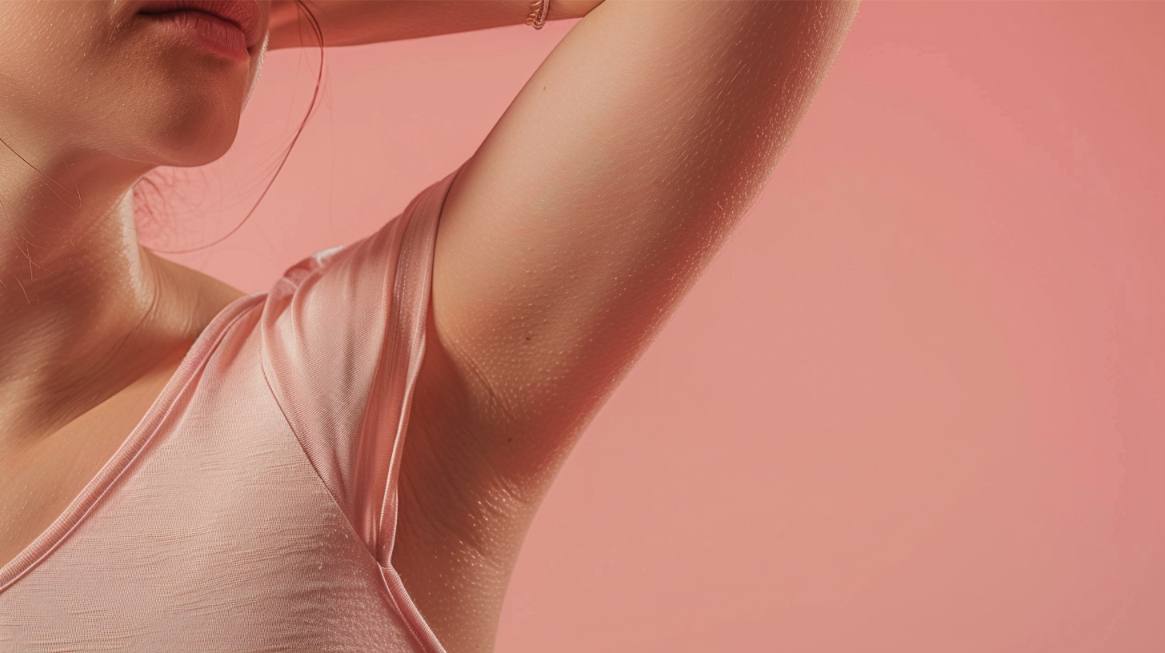Have you ever wondered what the most effective underarm whitening treatment is? Many individuals seek to lighten their underarm area for various reasons, whether it be personal preference or to address pigmentation issues. This article will provide you with a comprehensive guide on the different treatments available, their effectiveness, and considerations to ensure you make an informed decision.
Get Your Free Consultation Today
Understanding Underarm Discoloration
Underarm discoloration can be caused by several factors such as shaving, the use of deodorants and antiperspirants, friction, and more. Understanding the root cause of your underarm discoloration can help you choose the right whitening treatment for your needs.
Causes of Underarm Discoloration
- Shaving: Regular shaving can cause minor cuts that may lead to skin darkening.
- Deodorants and Antiperspirants: Certain chemicals can cause pigmentation changes.
- Friction: Continuous rubbing from tight clothing can cause hyperpigmentation.
- Genetics: Some individuals may be genetically predisposed to darker underarms.
- Hormonal Changes: Conditions such as acanthosis nigricans or hormonal fluctuations can also contribute to discoloration.
Professional Treatments for Underarm Whitening
There are numerous professional treatments available for underarm whitening, each having its own benefits and drawbacks. Below, we explore some of the most prominent methods.
Laser Treatments
Laser treatments are among the most effective ways to achieve significant underarm whitening. These treatments work by targeting the melanin in the skin, breaking it down and reducing pigmentation.
Types of Laser Treatments:
| Treatment Type | Description | Effectiveness | Downtime |
|---|---|---|---|
| Nd:YAG Laser | A powerful laser used for deeper skin layers | High | Minimal |
| Alexandrite Laser | Targets superficial skin layers and melanin | High | Minimal to Moderate |
| Q-Switched Laser | Effective for treating hyperpigmentation | High | Minimal |
Chemical Peels
Chemical peels involve applying a specialized solution to the skin, which exfoliates the top layers and promotes the growth of new, lighter skin.
Types of Chemical Peels:
| Type | Ingredients | Recommended For | Strength |
|---|---|---|---|
| Glycolic Acid Peel | Glycolic acid | Mild Discoloration | Mild to Moderate |
| Lactic Acid Peel | Lactic acid | Sensitive Skin | Mild |
| TCA Peel | Trichloroacetic acid | Severe Discoloration | Strong |
Microdermabrasion
Microdermabrasion is a non-invasive procedure that exfoliates the skin’s outer layer, helping to reduce pigmentation and leave the skin smoother and lighter.
Key Features:
- Minimal downtime
- Suitable for mild to moderate discoloration
- Usually requires multiple sessions
Topical Treatments for Underarm Whitening
Topical treatments can be a less invasive option compared to professional procedures. These include creams, lotions, and serums containing active ingredients designed to lighten the skin.
Hydroquinone
Hydroquinone is considered one of the most effective ingredients for skin lightening by inhibiting melanin production.
How to Use:
- Apply a small amount to the underarm area as directed by a dermatologist.
- Typically used for a limited period.
Kojic Acid
Derived from fungi, Kojic Acid is another potent ingredient used for its skin-lightening properties.
How to Use:
- Found in various serums and creams.
- Consistent application is necessary for noticeable results.
Vitamin C
Vitamin C is known for its antioxidant properties and ability to lighten hyperpigmentation.
Forms:
- Serums with ascorbic acid for topical application.
- Creams and lotions infused with Vitamin C.
Natural Remedies for Underarm Whitening
For those who prefer more natural approaches, several home remedies have shown effectiveness in lightening underarms. While these may take longer to show results, they are generally gentler on the skin.
Lemon Juice
Lemon juice is a natural bleaching agent that can help lighten dark underarms.
How to Use:
- Apply freshly squeezed lemon juice to the underarm area.
- Leave it on for about 10 minutes before rinsing off.
Baking Soda
Baking soda acts as a natural exfoliant, helping to remove dead skin cells that can contribute to discoloration.
How to Use:
- Create a paste using baking soda and water.
- Gently scrub the underarm area and rinse thoroughly.
Aloe Vera
Aloe Vera has skin-soothing and lightening properties, making it a popular natural remedy.
How to Use:
- Apply pure aloe vera gel to the underarms.
- Leave on for 15 to 20 minutes and rinse off.
Safety and Considerations
Before proceeding with any underarm whitening treatment, it is crucial to consider safety and potential side effects.
Skin Sensitivity
- Always perform a patch test before using any new product.
- Consult with a dermatologist to ensure the treatment is suitable for your skin type.
Allergic Reactions
- Be cautious of ingredients that may trigger allergies.
- Natural remedies may still cause allergic reactions in sensitive individuals.
Consistency
- Consistent application and patience are key to achieving desired results.
- Avoid mixing too many treatments, which can lead to irritation.
Conclusion
Choosing the most effective underarm whitening treatment depends on your individual needs, skin type, and the severity of discoloration. Professional treatments such as laser, chemical peels, and microdermabrasion offer quicker results, whereas topical treatments and natural remedies are less invasive but require more time and consistency. It is highly recommended to consult with a dermatologist to guide you in selecting the best treatment tailored to your skin conditions.
For professional underarm whitening services, consider visiting Spoiled Laser, located at 8665 W Flamingo Rd, Las Vegas, NV 89147. You can reach us at 702-228-5171 for consultations and personalized skin treatments.
Remember, maintaining good skincare practices and addressing the underlying causes of discoloration are essential steps towards achieving lighter, healthier underarms.


